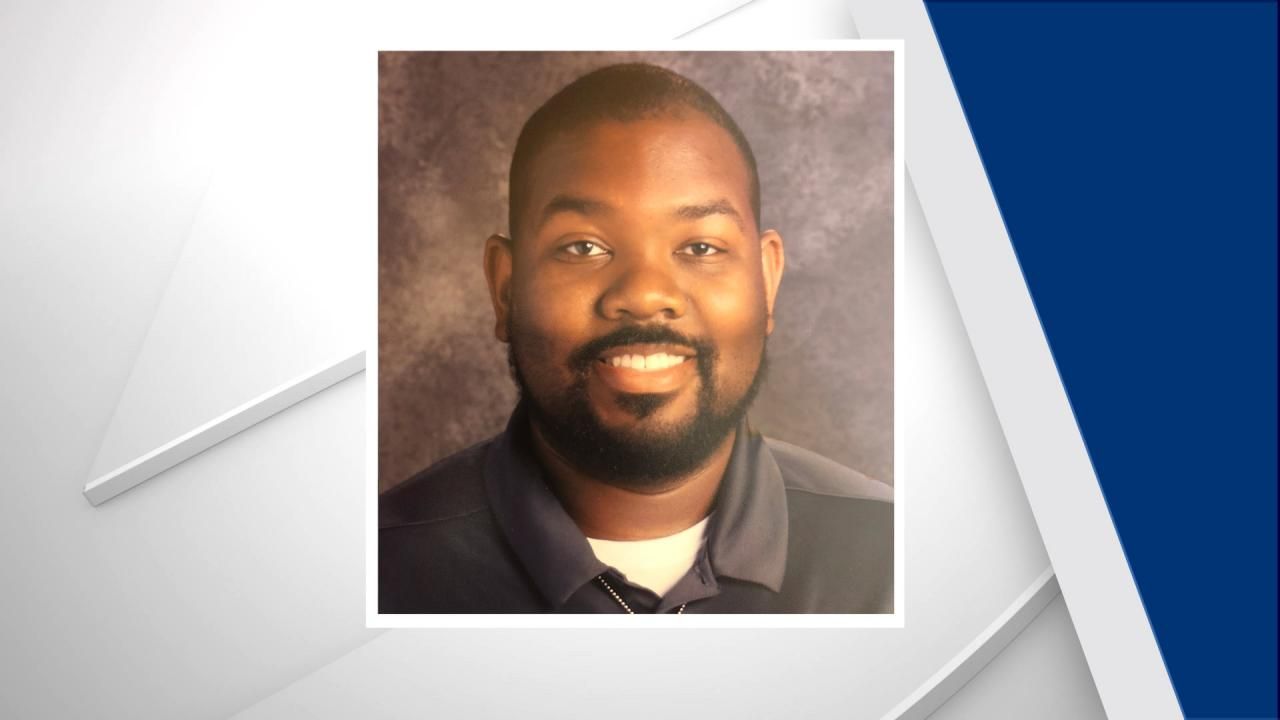Brandon DeWayne Wilson: 2009 NC Teaching Fellow

This interview was conducted by email as part of a series on teacher diversity in North Carolina.
- Read the full series: NC's teacher diversity gap
- Read more interviews with other North Carolina Teaching Fellows
What years were you a Teaching Fellow, and what college did you attend?
I was a Teaching Fellow between the years of 2009 and 2013.
Graduated with my Bachelor’s degree in May 2013 from Western Carolina University
I was accepted to other Teaching Fellow programs at various schools but felt that WCU was the best choice and still is the best choice.
Why did you apply to be a Teaching Fellow, and how did the program affect your life?
I applied to be a Teaching Fellow when my high school counselors, Mr. Chapman and Dr. Parker, let me know of the esteemed program and scholarship opportunity. Nobody in my direct family was a teacher. However, my best relationships with adults were teachers, and I grew to love and appreciate everything they did for me and how they took care of me as if I was their personal child. I knew I wanted to become a teacher since the 5th grade.
What have you done since college, and what are you doing now?
Since college I have taught eighth-grade science, seventh-grade science and high school Earth & environmental science working mostly for Cabarrus County Schools. I also spent eight months employed with Stanly County Schools as one of the district Technology Specialists where I was assigned five schools to manage digital tools and resources.
Why have you stayed in (or left) teaching?
I left the classroom for half a year to pursue a technology facilitator position and did acquire a job from Dec. 2017 to July 2018. The reason for this change was to utilize my knowledge and experience gained from my master’s degree in instructional systems technology.
However, I returned to the classroom Aug. 2018 and began teaching high school. The main reason that I stayed and returned to the classroom is to continue my desire to provide students memorable and engaging experiences.
My entire career teaching middle school was based on problem-based learning and hands-on science. Now, with experience in technology, I am able to give my students a more digital hands-on experience in science.
What advice do you have for colleges hoping to recruit more people of color and men to study teaching?
Coincidentally, I have presented this topic several times at the N.C. Middle Level Educators Association Conference. In the future, I plan to conduct a research study to narrow down the reasons that male teachers are leaving the classroom in pursuit of other positions in education or completely out of education.
My best advice for colleges is to prepare men and future teachers of color to be prepared to overcome positive and negative assumptions and preconceptions from other teachers and especially students.
What advice do you have for schools hoping to retain people of color and men as teachers?
To retain men, schools and administrators have to stop assuming male teachers are the answer to their problems with behaviors, coaching, academic expectations, and operation issues.
To retain people of color, schools and administrators have to stop assuming that teachers of color are the answer to diversity, culture, ethics, and management issues.
Is there anything else you’d like to add?
I am very passionate about education being done the right way. Administrators and school district officials are unfortunately locked down on doing what is right due to politics, finances and community opinions. If we can overcome all those factors, public education would have all the tools to produce the best citizens of the future.











